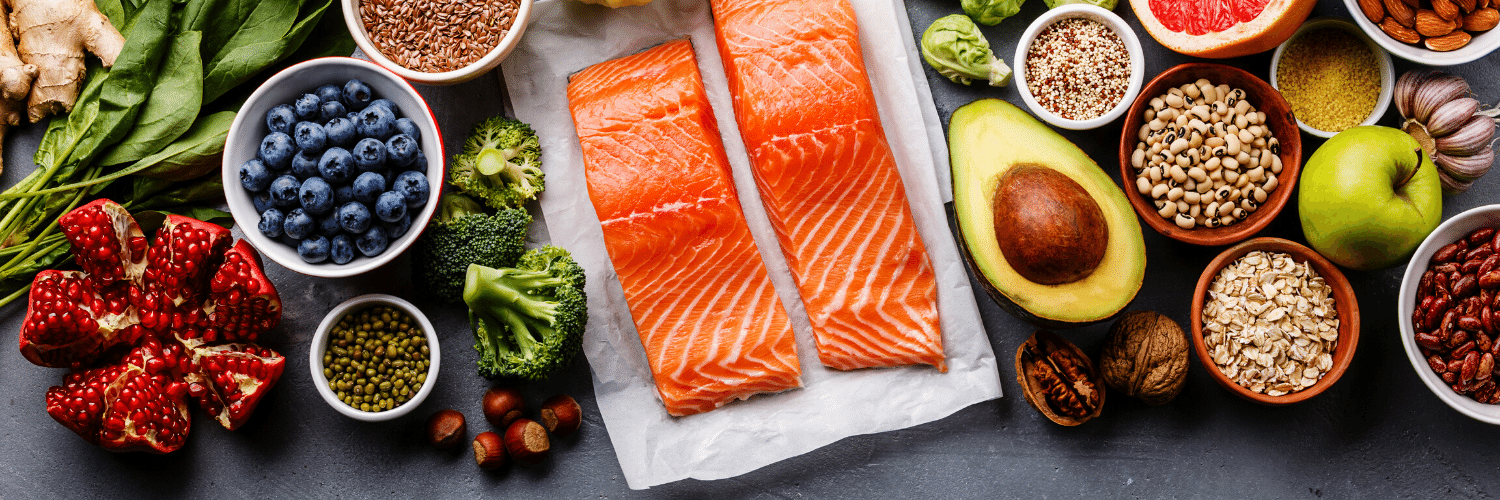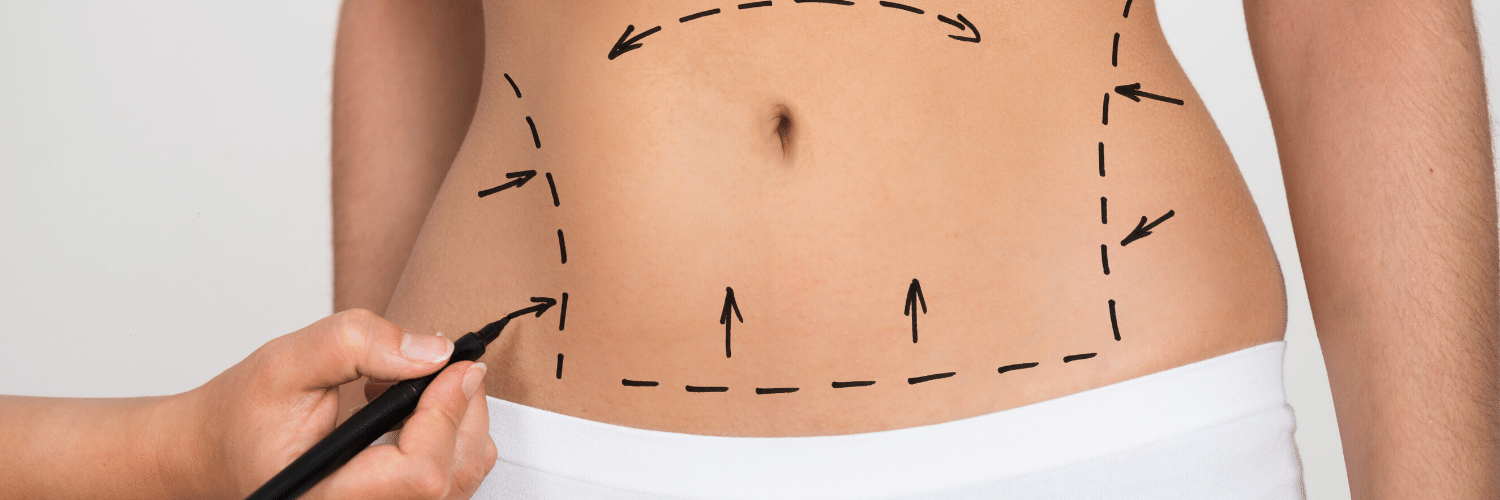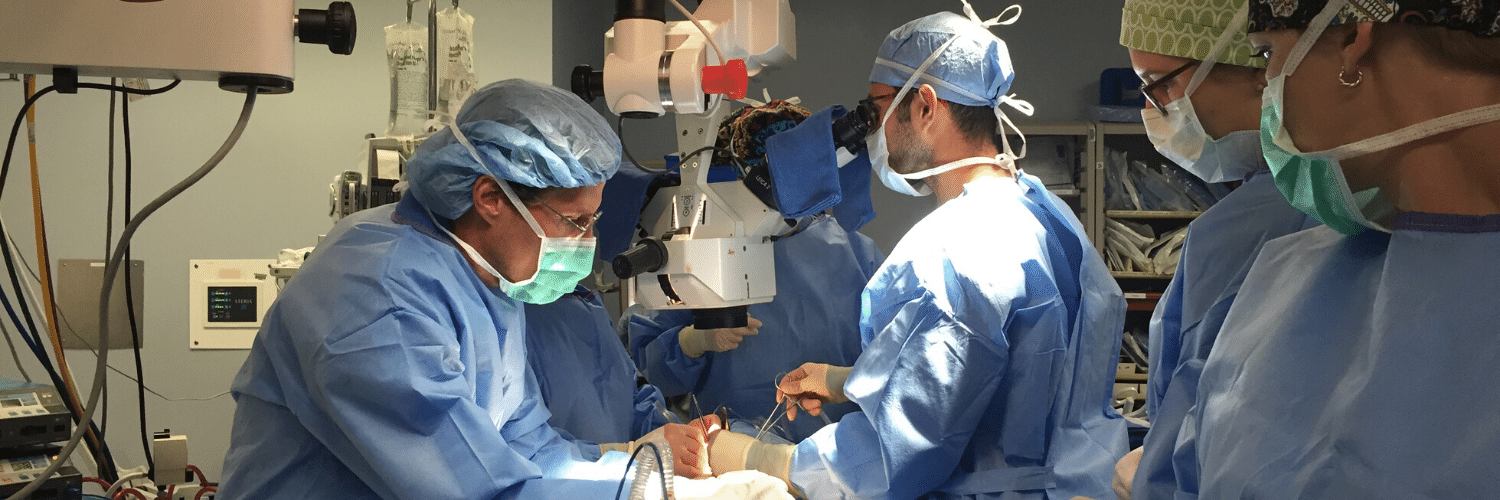
Intermittent Fasting was the most googled term in January 2020. Intermittent Fasting is defined by setting a certain window each day to consume food.
The remaining daily hours are designated for fasting (meaning you do not consume any nutrition). Typically, eating is permitted during an 8-hour window and fasting takes place during the remaining 16-hour window (most of which you are asleep).
To gain some expert insight we reached out to nutritionist Wendy Geisler from the TheNutritionMavenTM . She shares her thoughts on the latest “craze” for achieving weight loss here…
Wendy explains that there are 6 essential nutrients crucial for both body development and disease prevention. The main nutrient she focuses on is protein because out of all 6 key nutrients, it has the most impact on overall health. She was extremely adamant that your body needs to have protein all day. When you are engaging in a fast, you are depriving your body of this essential nutrient. While this deprivation can result in weight loss, it is not a long term solution to create a healthy lifestyle.
Wendy states, “I will describe what occurs when we miss just ONE single meal, or for that matter, just skip protein in a meal. The body looks for protein every minute of every day to perform a multitude of tasks. If we miss an intake of protein, either by skipping a meal or skipping protein in a meal, our body can manage on its own. The jobs don’t wait! Rather, the body breaks down some muscle mass in order to access some protein stored in the muscles. This “transaction” is not without consequences. We’ve lost a little muscle mass in this process. This is replaced with fat. And if this pattern were to continue on a regular basis or for an extended period of time, as in entire days, when one is FASTING, the muscle depletion becomes significant enough to lower our metabolism. Metabolism is our metabolic rate; the rate at which we burn calories. Part of the concept in fasting as a means to achieve weight loss is the attempt to jump-start your metabolism by confusing it and placing you in a mild state of ketosis. Ketosis usually occurs from the absence of adequate carbs. When this occurs, the body then turns to fats as the primary source to fuel energy rather than the “glucose stores” in the liver. This sounds like a great way to lose weight by burning fat. When you do attempt to resume a normal way of life, the likelihood is great that not only will you gain back those lost pounds but quite possibly end up gaining more pounds than you lost.”
While there is often a push for a healthier lifestyle once someone receives a cancer diagnosis, a fad diet is not usually the way to achieve weight loss long term, or in a healthy way. Wendy tells her patients, “Fads come and go but facts do not.” Be wise, eat smart and be kind to your body. This motto is the best option for long term results that are easier to maintain than a crash diet or a fad diet. Fueling your body with whole nutrients is key to maintaining a healthy lifestyle.
Wendy Geisler, TheNutritionMaven™
Nutrition Coach 210-823-4363 nutritionmaven@aol.com
Nutrition Educator, DIVA’S & DUDES, www.ThriveWell.org
Designer of EatWell to LiveWell quarterly all-day workshop, START Center
Call ThriveWell office for more workshop info: 210-273-5455
Author: Delaney Crawford
While there is often a push for a healthier lifestyle once someone receives a cancer diagnosis, a fad diet is not usually the way to achieve weight loss long term, or in a healthy way.











No Comments